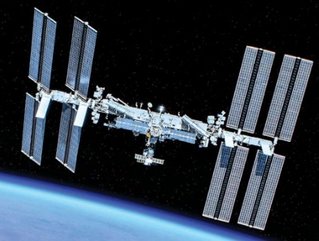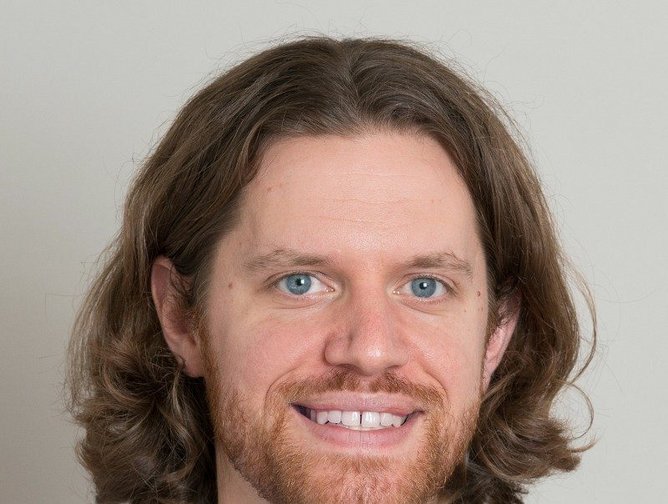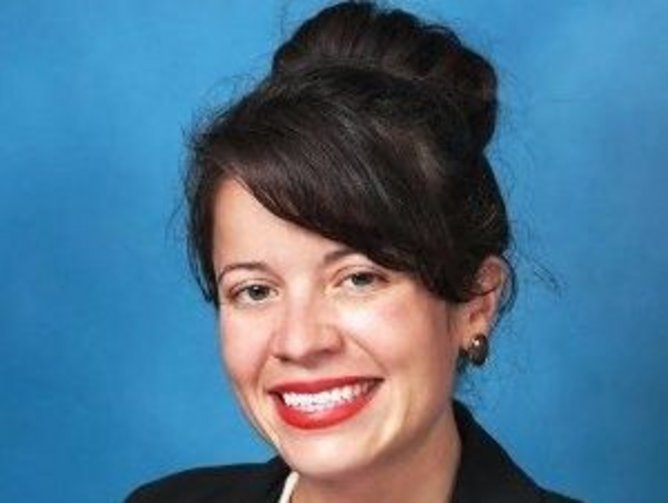Sustainability Challenge designed to address plastic waste

The Sustainability Challenge: Beyond Plastics project was conceived by Center for the Advancement of Science in Space to address the global plastic waste dilemma. ISS, in partnership with Estée Lauder, went on to seek concepts to advance sustainability research on the space station that address the worldwide plastic waste dilemma.
Microgravity Synthesis of Aerogel Copolymers by Dr. Stephen Meckler, Palo Alto Research Center (PARC) and No Carbon Left Behind: Biological Recycling of Plastic Waste by Dr. Katrina Knauer, National Renewable Energy Laboratory and the BOTTLE Consortium were named as its two winners.
Both will now receive funding for their research proposals from the exclusive challenge partner, global beauty brand Estée Lauder, and will have the opportunity to launch their research to the orbiting laboratory.

"As an evolution of our commitment to long-term sustainability and our partnership with the ISS National Lab, we're honoured to recognise and help facilitate the impactful research of Dr. Meckler and Dr. Knauer," said Stéphane de La Faverie, Group President, The Estée Lauder Companies & Global Brand President, Estée Lauder. “We are championing the next generation of leaders in science both to help drive the achievement of our packaging sustainability goals and in the hope of having broad impacts beyond our industry."

"The ISS National Lab is deeply impressed by the winning concepts selected for our Sustainability Challenge: Beyond Plastics," said Christine Kretz, Vice President of Programmes and Partnerships for the ISS National Lab. "We are proud to make this special announcement with our partners at Estée Lauder—without their generous support, this challenge would not be possible. Opening access and opportunity through unique partnerships and solicitations like this enables greater potential for scientific gains that benefit humanity, and we look forward to working with the selected project teams as they prepare their research for spaceflight."
Microgravity Synthesis of Aerogel Copolymers - Meckler
This project seeks to improve the performance of lightweight, porous aerogels to capture and remove carbon dioxide from the air. Producing the aerogel materials in the microgravity environment will allow the research team to study how the network of pores that make up the aerogel structure form in the absence of effects from gravity-driven convection and sedimentation. This information and the resulting pore structure may lead to better uniformity in the aerogels and higher carbon dioxide capture rates. Captured carbon dioxide could be used to replace oil as the polymer feedstock to produce plastics. PARC, which is part of the Xerox family, will work with ISS National Lab Implementation Partner Aerospace North America on this project.

No Carbon Left Behind: Biological Recycling of Plastic Waste - Knauer
This project aims to determine whether space radiation and microgravity influence the behaviour of specific bacteria strains that break down plastics and produce polymer building blocks. This is especially important because the process may be used in mixed plastic recycling consisting of many different types of plastics. Results from this project may reveal new recycling mechanisms that could allow previously difficult-to-recycle plastics to be upcycled or made into materials of even higher value than the original plastics. ISS National Lab Commercial Service Provider Rhodium Scientific will provide engineering support for this project.
In the future, the ISS National Lab intends to partner with other companies on similar Sustainability Challenges that fund opportunities to advance science that brings value to our planet.







